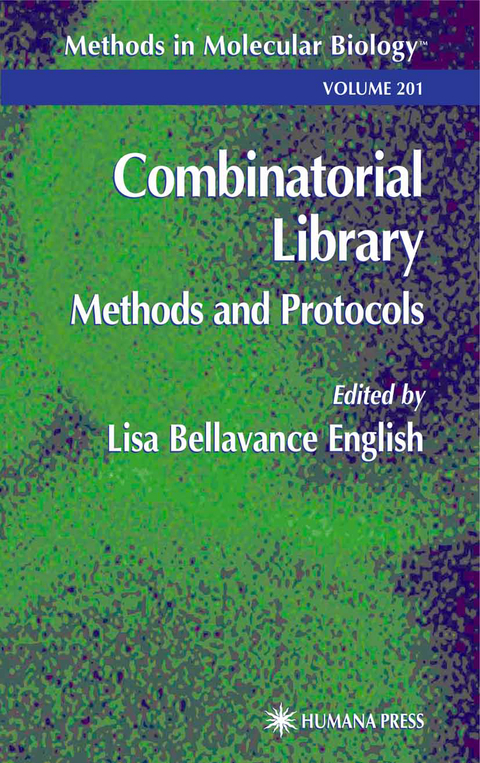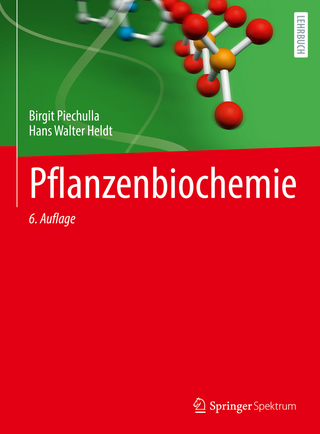
Combinatorial Library
Humana Press Inc. (Verlag)
978-1-4899-3899-2 (ISBN)
Library Synthesis and Quality Control.- Using a Noncovalent Protection Strategy to Enhance Solid-Phase Synthesis.- Quality Control of Solid-Phase Synthesis by Mass Spectrometry.- Preparation of Encoded Combinatorial Libraries for Drug Discovery.- Simple Tools for Manual Parallel Solid Phase Synthesis.- Cleavage of Compounds from Solid Phase by Gaseous Reagents.- Synthesis of DNA-Binding Polyamides.- The Preparation of Phenyl-stilbene Derivatives Using the Safety Catch Linker.- Host—Guest Chemistry.- Automated Structure Verification of Small Molecules Libraries Using 1D and 2D NMR Techniques.- Rapid Liquid-Phase Combinatorial Synthesis of Heterocyclic Libraries.- Soluble Polymer-Supported Methods for Combinatorial and Organic Synthesis.- Analytical Methods for Optimization and Quality Control of Combinatorial Synthesis.- Library Purification and Screening.- Resolving Racemic Mixtures Using Parallel Combinatorial Libraries.- Ligand Libraries for the Extraction of Metal Ions.- Automated Liquid-Liquid Extraction and Ion-Exchange Solid-Phase Extraction for Initial Purification.- On-Bead and Solution Screening Approaches for Genomically Derived Targets.- Computational Library Design.- Design of Virtual Combinatorial Libraries.- Approaches to Library Design for Combinatorial Chemistry.- Reagent-Based and Product-Based Computational Strategies in Library Design.- Designing Combinatorial Libraries for Efficient Screening.- Application of Neural Networks to Large Dataset QSAR, Virtual Screening, and Library Design.
| Erscheint lt. Verlag | 14.9.2013 |
|---|---|
| Reihe/Serie | Methods in Molecular Biology ; 201 |
| Zusatzinfo | XI, 383 p. |
| Verlagsort | Totowa, NJ |
| Sprache | englisch |
| Maße | 152 x 229 mm |
| Themenwelt | Naturwissenschaften ► Biologie ► Biochemie |
| ISBN-10 | 1-4899-3899-0 / 1489938990 |
| ISBN-13 | 978-1-4899-3899-2 / 9781489938992 |
| Zustand | Neuware |
| Haben Sie eine Frage zum Produkt? |
aus dem Bereich


